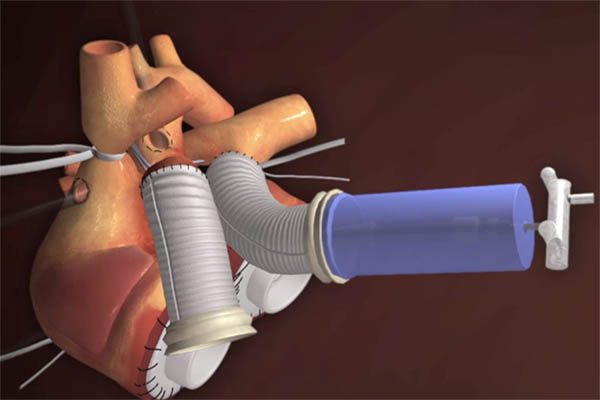The total artificial heart in pediatrics: outcomes in an evolving field
Abstract
Background: The use of the SynCardia temporary total artificial heart (TAH-t) in adults has increased with time. The development of the smaller, 50 cc TAH-t has expanded the potential applications of the device in children. We sought to describe the evolving use of the TAH-t over time and describe outcomes in the current era.
Methods: The SynCardia database was queried to identify all pediatric patients ≤18 years of age implanted with the device between December 1985 and October 2019. Patient demographics, clinical outcome and support characteristics collected.
Results: Fifty-one children were supported, 36 with the 70 cc TAH-t and 15 with the 50 cc TAH-t with a total support time of 6,243 days. The number of implants has increased with time (19 between 2015 and 2019). A total of 13 patients have been converted to Freedom Driver support, seven 50 cc TAH-t and six 70 cc TAH-t. The majority of implants in the last 5 years (15/19, 79%) have been with the 50 cc TAH-t. The most common diagnosis was dilated cardiomyopathy [24 (47%)] and the average age at the time of implant was 16±2 years old. Overall survival for the patient cohort was 71%.
Conclusions: The use of the SynCardia TAH-t to support children with end-stage heart failure has increased over time. Clinical outcomes with both the 50 cc and 70 cc TAH-t are similar to reported outcomes in adults who require TAH-t or other methods of biventricular support.
Cover






